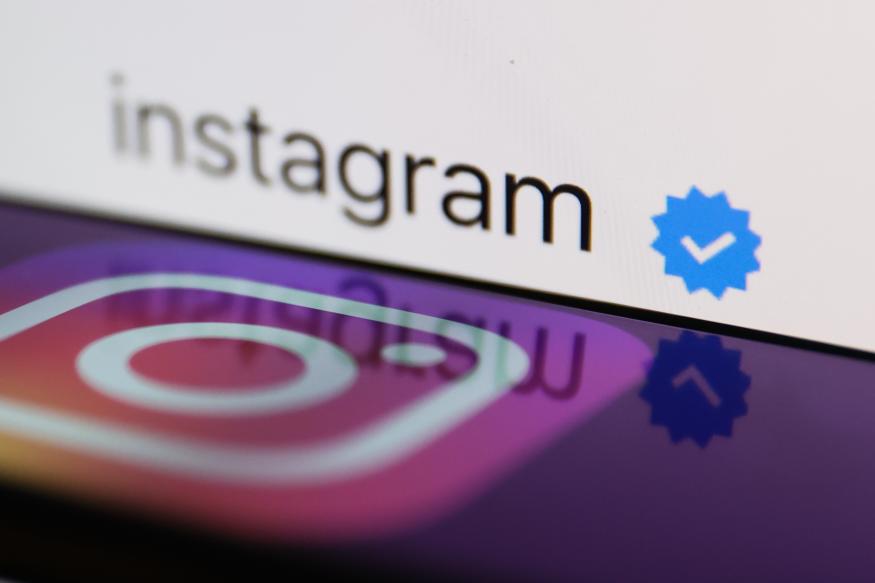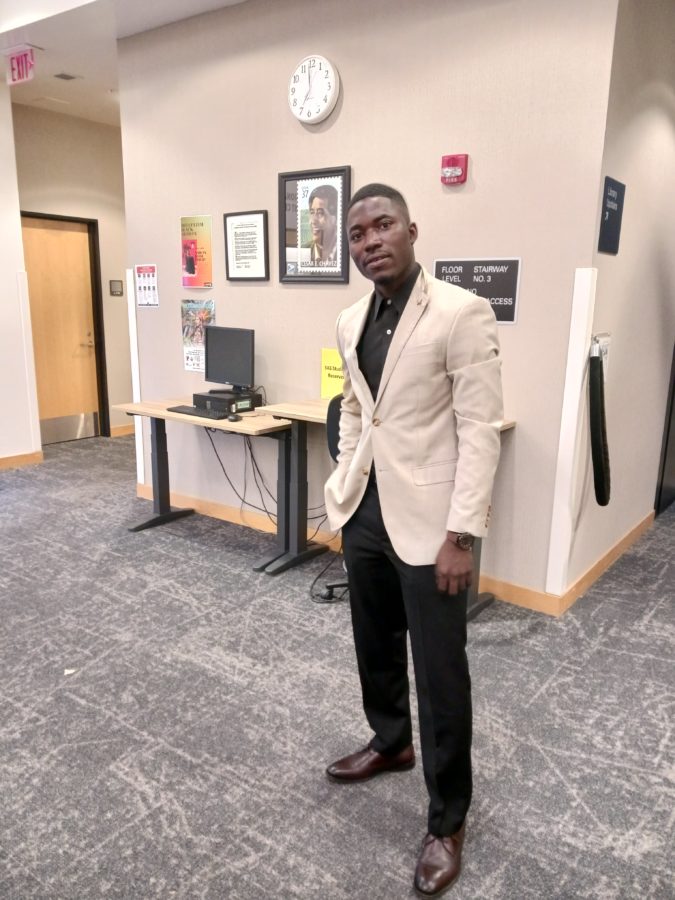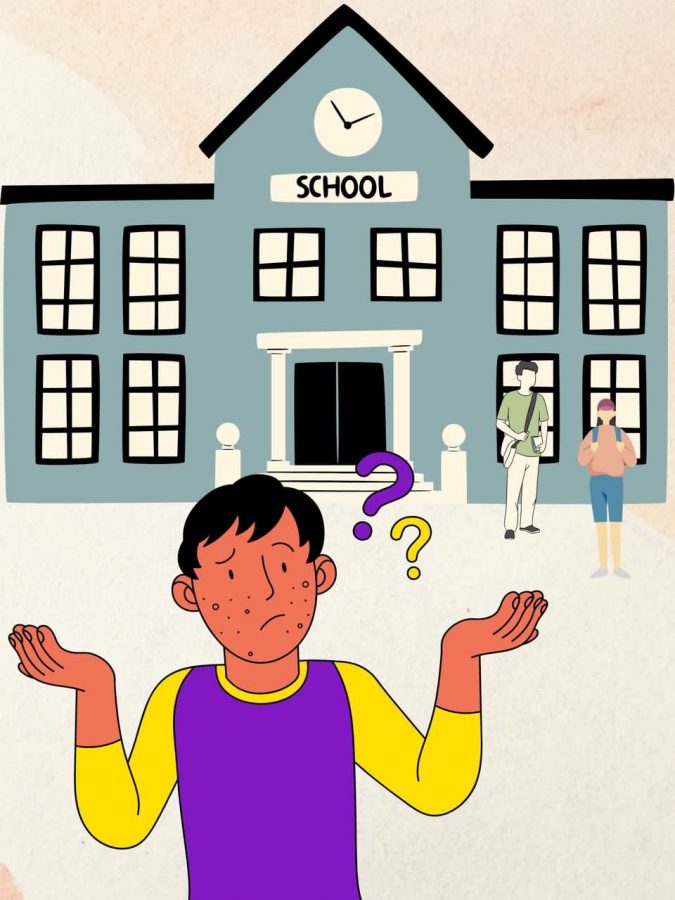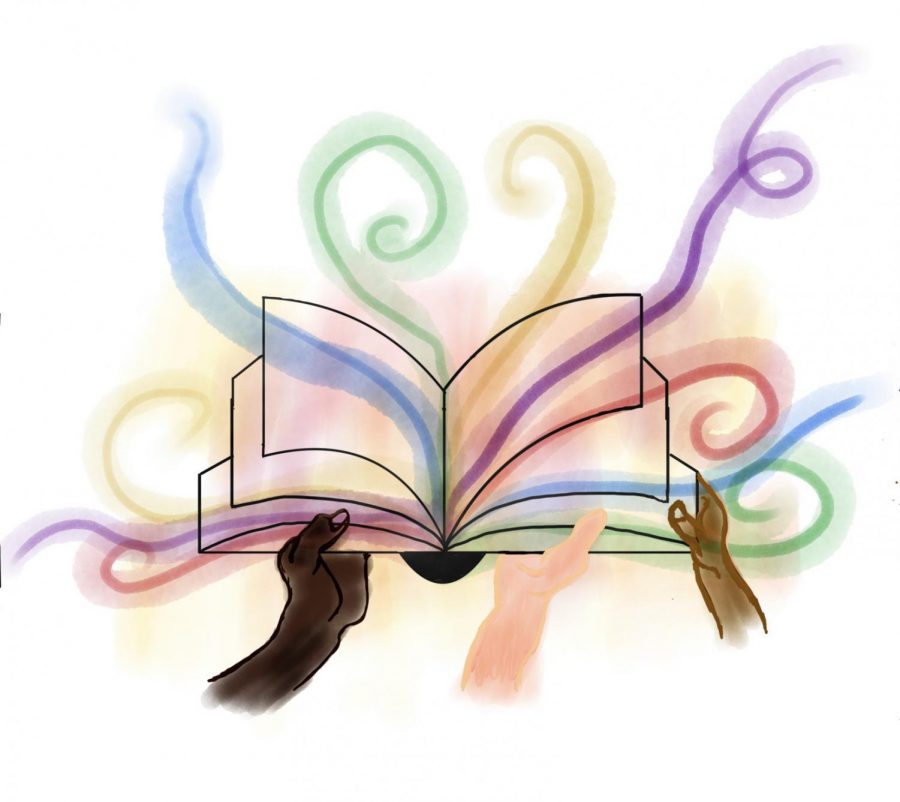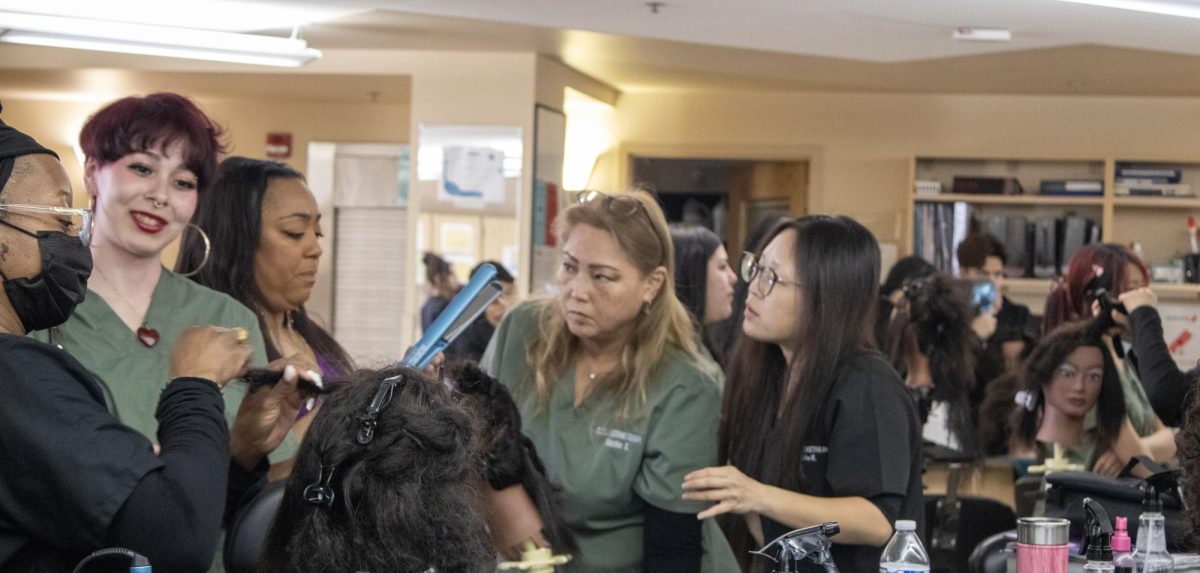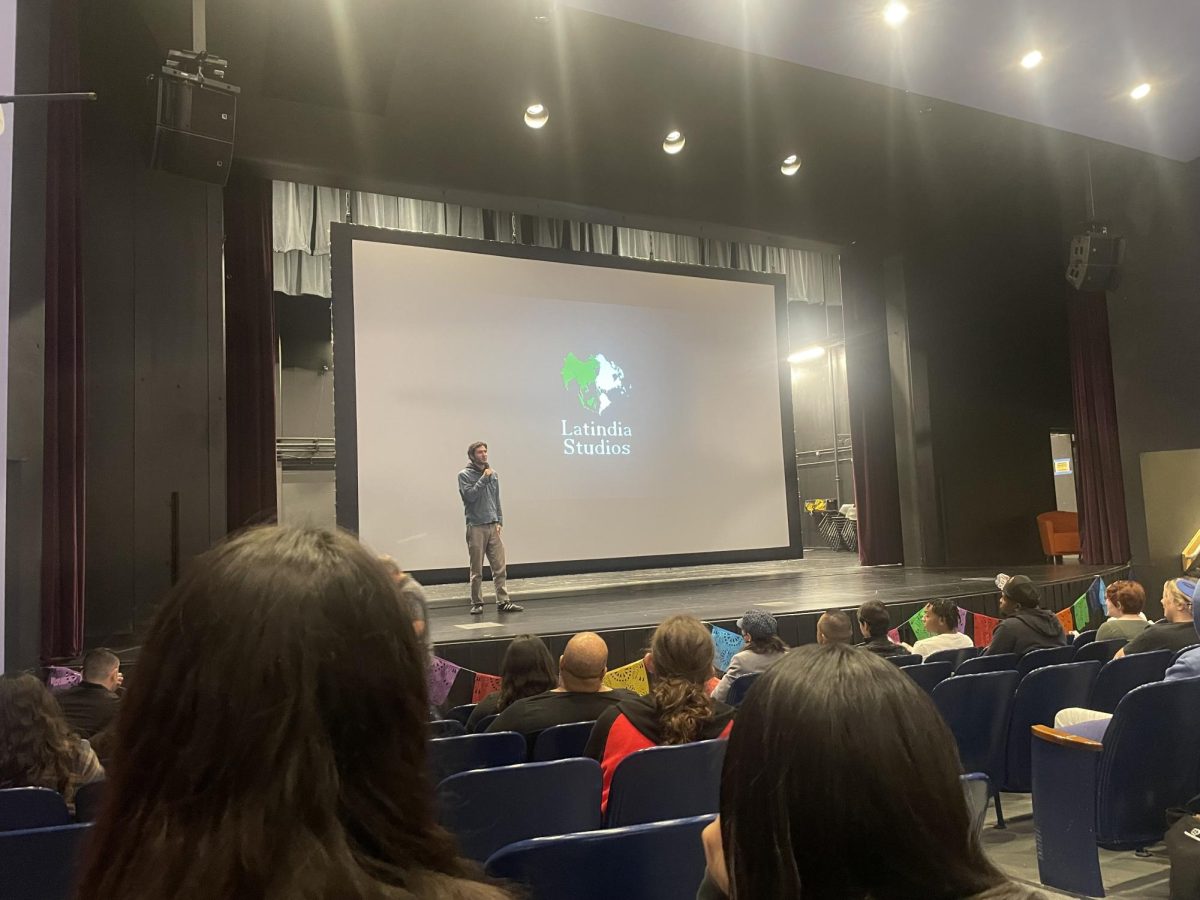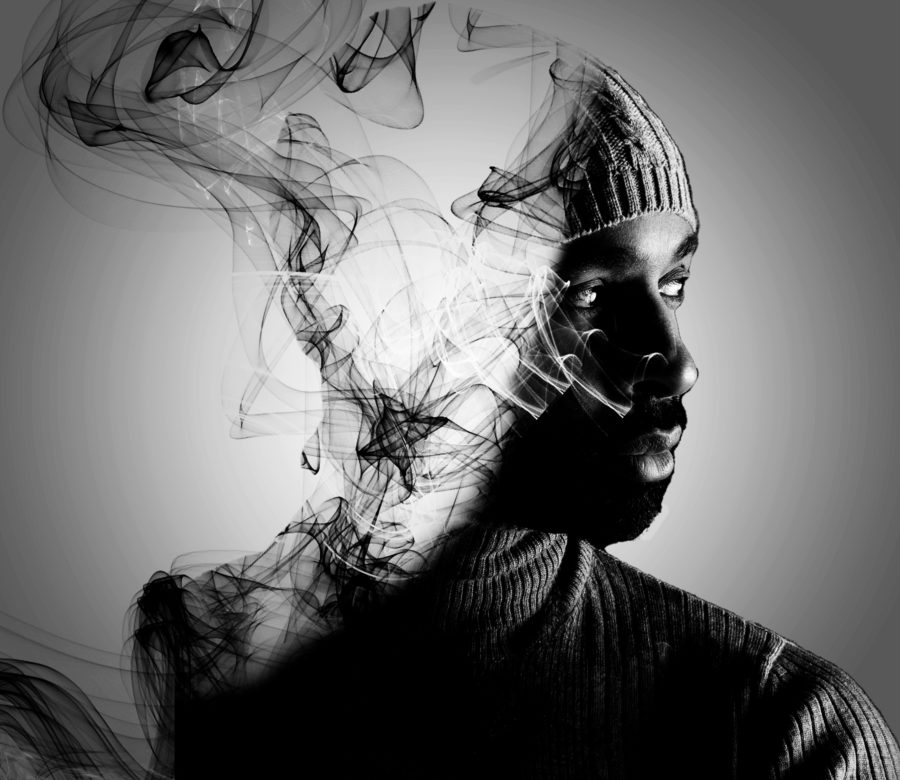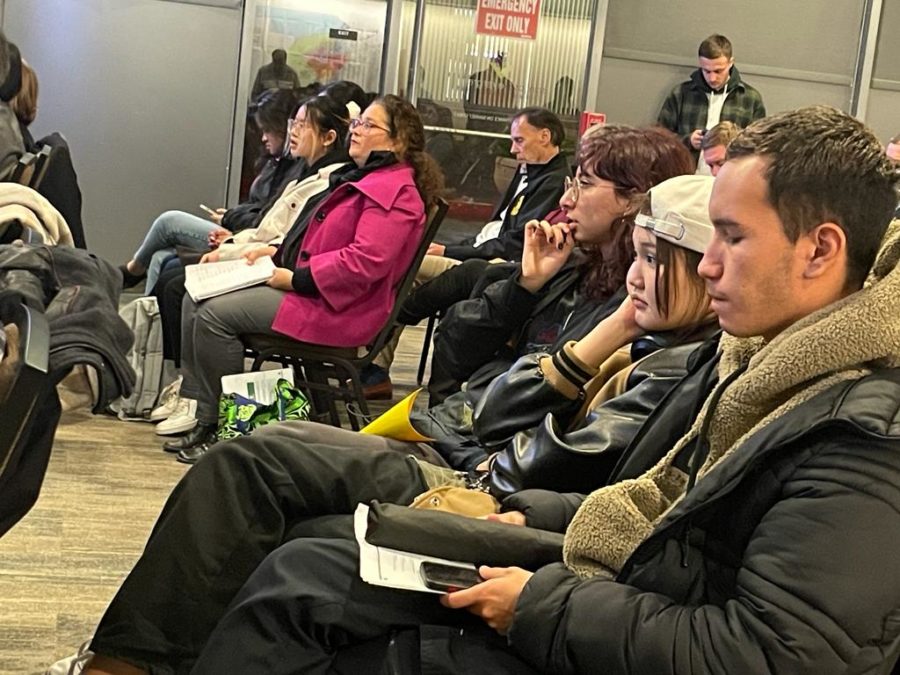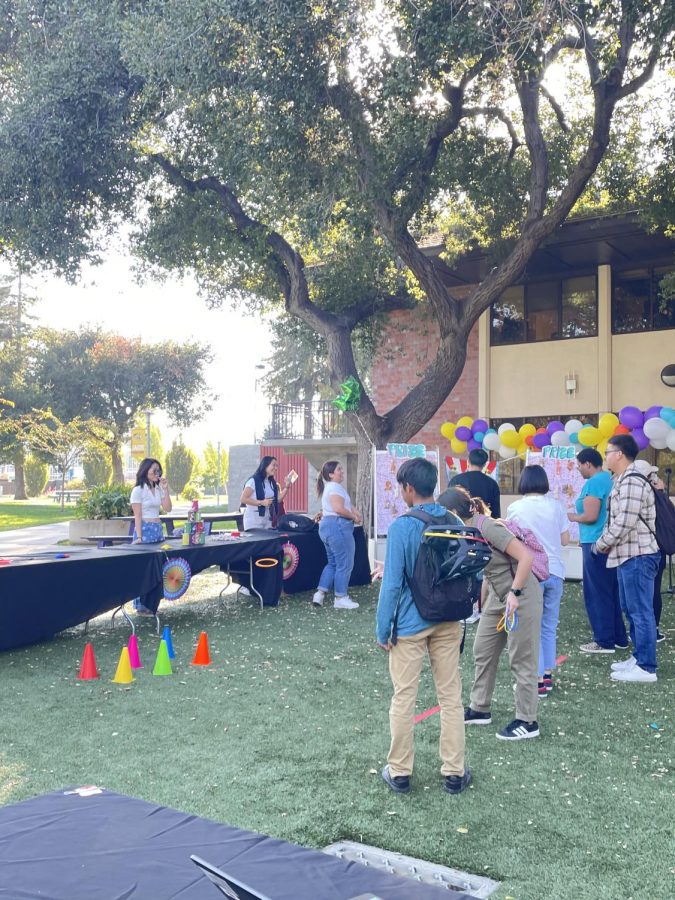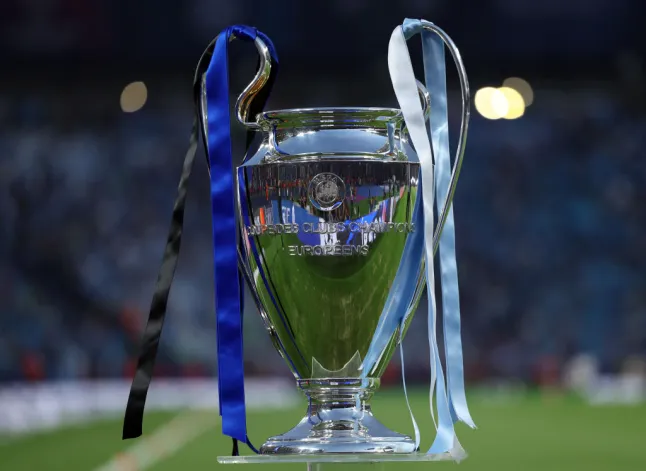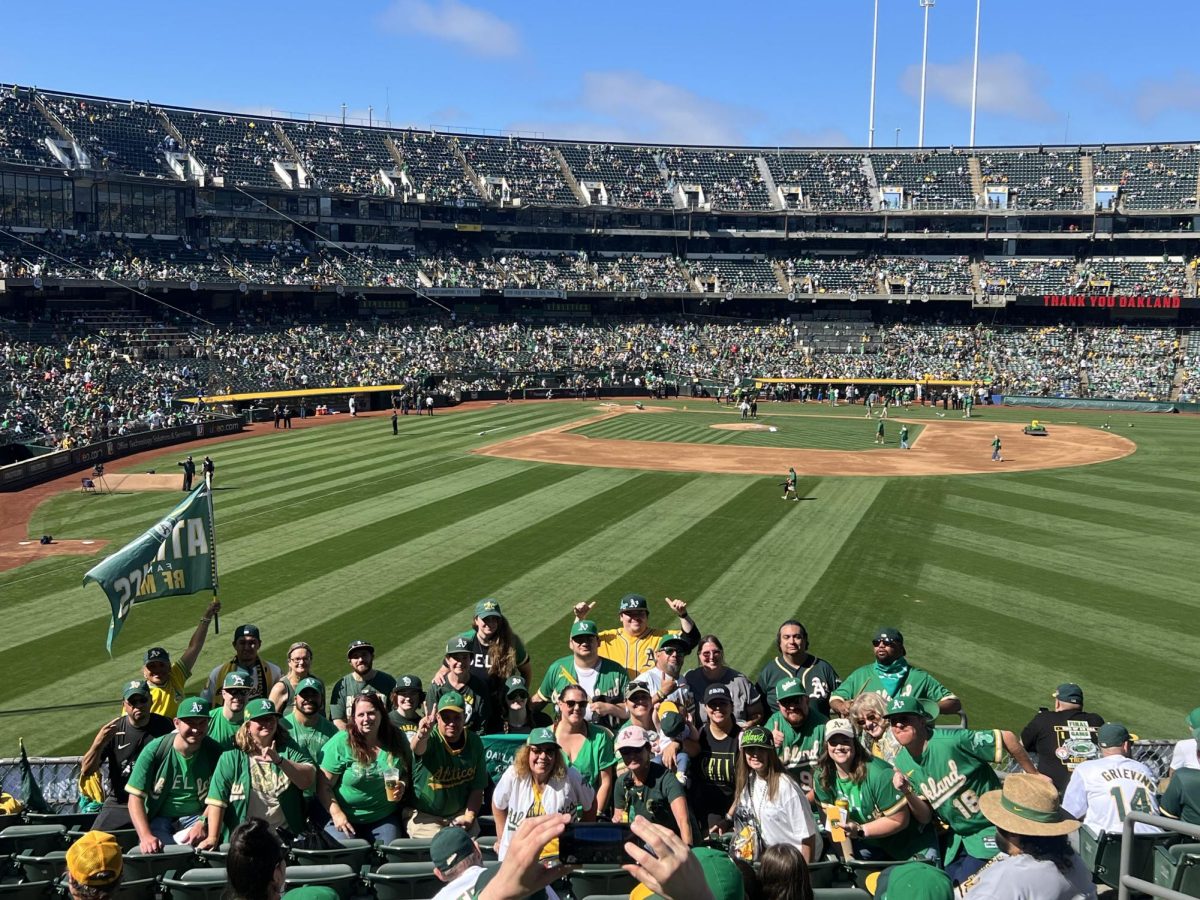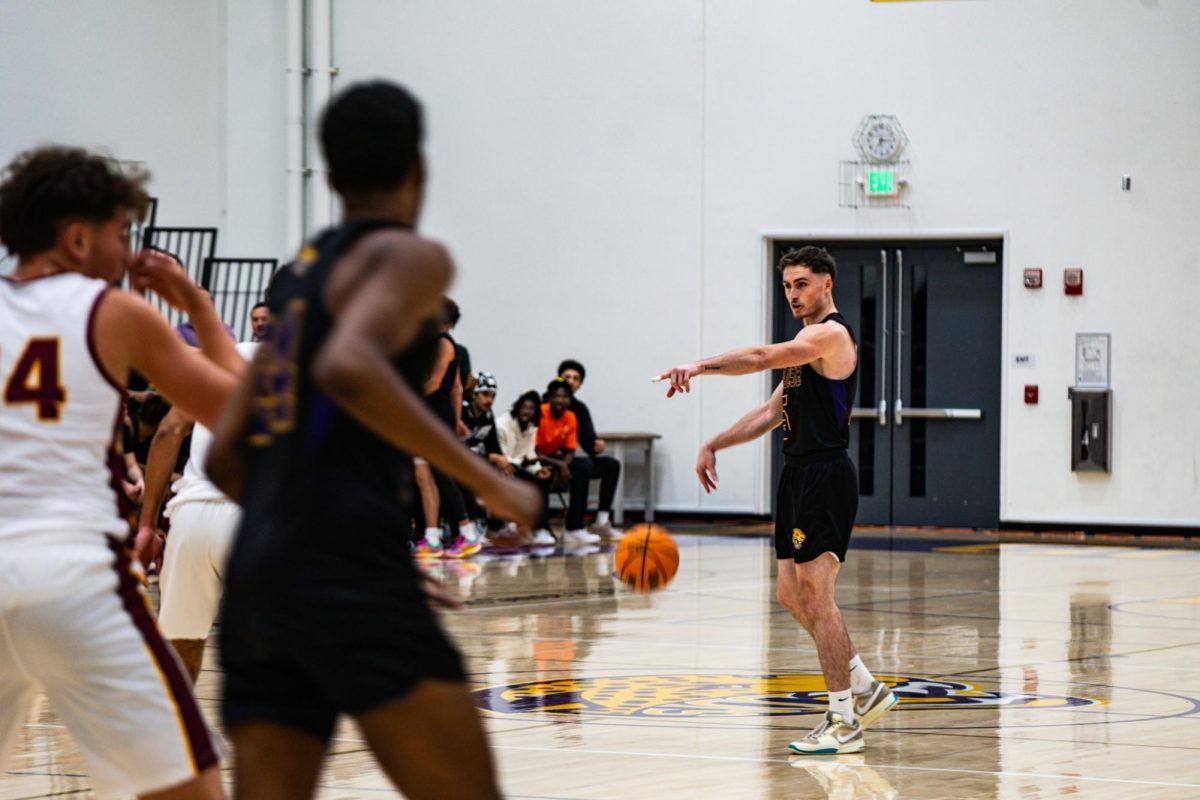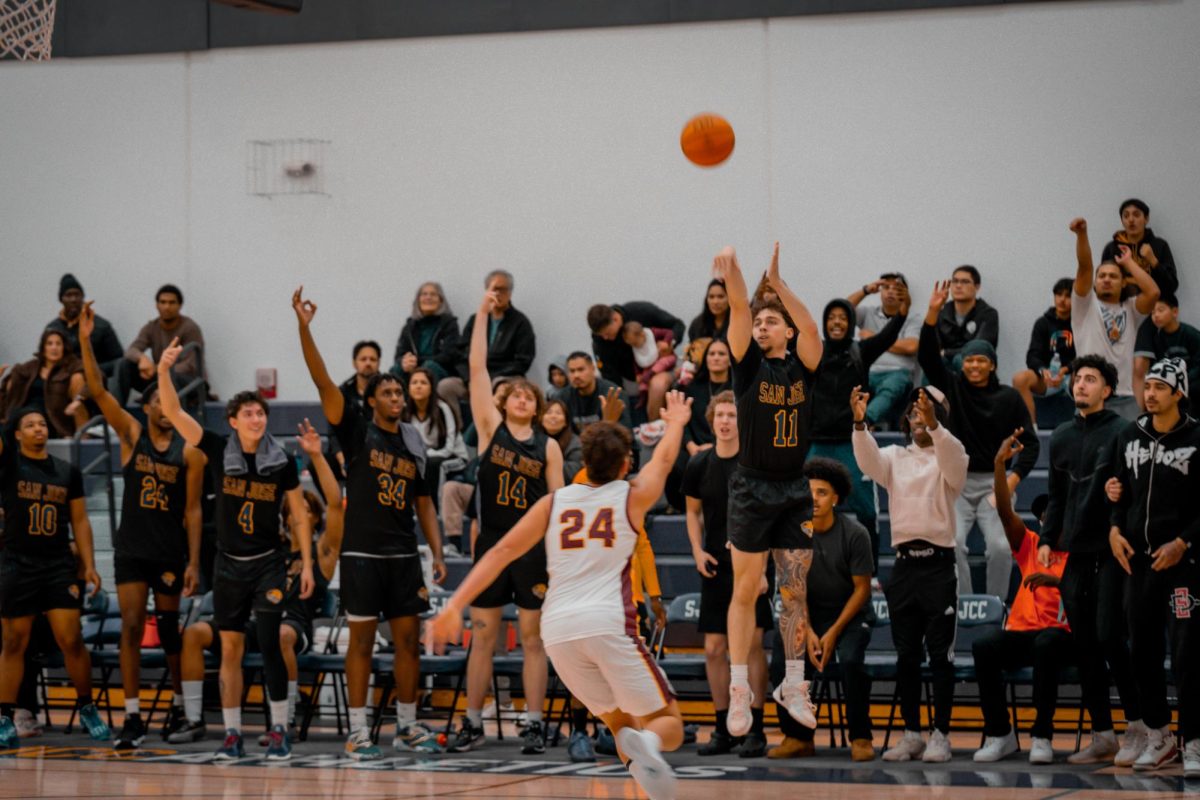A new football season is among us, yet not new to football fans is the ongoing inability of the National Football League’s teams to pick up Colin Kaepernick, despite the many who need stability at the quarterback position. Kaepernick’s full scale blacklisting from the National Football League has created a discussion on fairness and the First Amendment, while support, or at least respect, for his right to express his beliefs is emerging in the controversy amongst fans and his colleagues.
Regrettably, as time has progressed the hostility and impatience for Kaepernick’s stance has intensified. Many critics complain in social media forums that he should return to highlighting his football profile. Not his politics.
Kaepernick’s critics feel he has been toxic, divisive, and finally not obedient enough to run an NFL offense. The lessons he is teaching continues to manifest and remain poignant at the same time. His point missed repeatedly is that there are serious injustices taking place in America so anathema to American values that everyone should take notice.
He is saying his job is unimportant to him at this time — that the violence and mistreatment by police warrants we all take time from our own lives to reflect on what is important and correct these issues. They are fundamental and applicable to us all — and should be regarded as such.
Any privileges Kaepernick once enjoyed as an NFL quarterback became expendable for a greater good of leading by example. He is trying to show a suspicious American public that he is not going to be quiet and desert those with no voice and no way to personalize them or their family’s suffering. He is expressing the need for all to take heed instead of becoming introverted and disconnected. He is focused and unapologetic about the tension caused when society is challenged by these issues.
He does not feel compelled to justify or explain away his perspective. Instead, he has made many of his peers adjust and express themselves in ways they deemed necessary or in support of him.
The NFL will find that in time it will see a negative impact for its stance against Kaepernick’s action. Likewise, the portion of America that is so offended by and adamant against his protest is woefully mistaken about the gravitas of this moment in our history to which he is responding.
Even now as we absorb yet again another denial of justice in St. Louis that reverberates through the black community as a catalyst for disappointment and frustration, it also serves as evidence that the status quo will continue to repeat the divisive responses.
For example, could not the police in St. Louis at least apologize despite the outcome of the trial? As a matter of fact, in most of these incidents the police did not apologize to those affected whether it be family or friends of those slain. That alone is so central to why these incidents have escalated into a more violent reception in urban areas all over this country for law enforcement.
Also, not missed here is the almost now routine display of ignorance and disbelief in communities not affected. Kaepernick sought to use his status to elevate and draw attention to this issue of police brutality in search for a new response and a new perception.
Black Lives Matter simply makes the point that these victims had people that counted on them for support, love and companionship. They were a friend, parent, uncle, cousin, or son or daughter to people that now are dealing with the loss of these people in their lives.
A great deal of Kaepernick’s detractors and the larger society are behaving in a desensitized manner reflected in our history that has been forced upon us all as part of our assimilation in America. We collectively fail to see that we are losing our empathy.
The relative conflict-free experience most Americans enjoy have allowed us to pick and choose when we would allow ourselves to be attentive to societal ills. The existence of violent crime however has begun to show just how vulnerable we are becoming. It is no longer just high crime areas where a violent crime is possible. Having this conversation of how much tolerance we collectively are going to allow ourselves is a worthy discussion to have.



